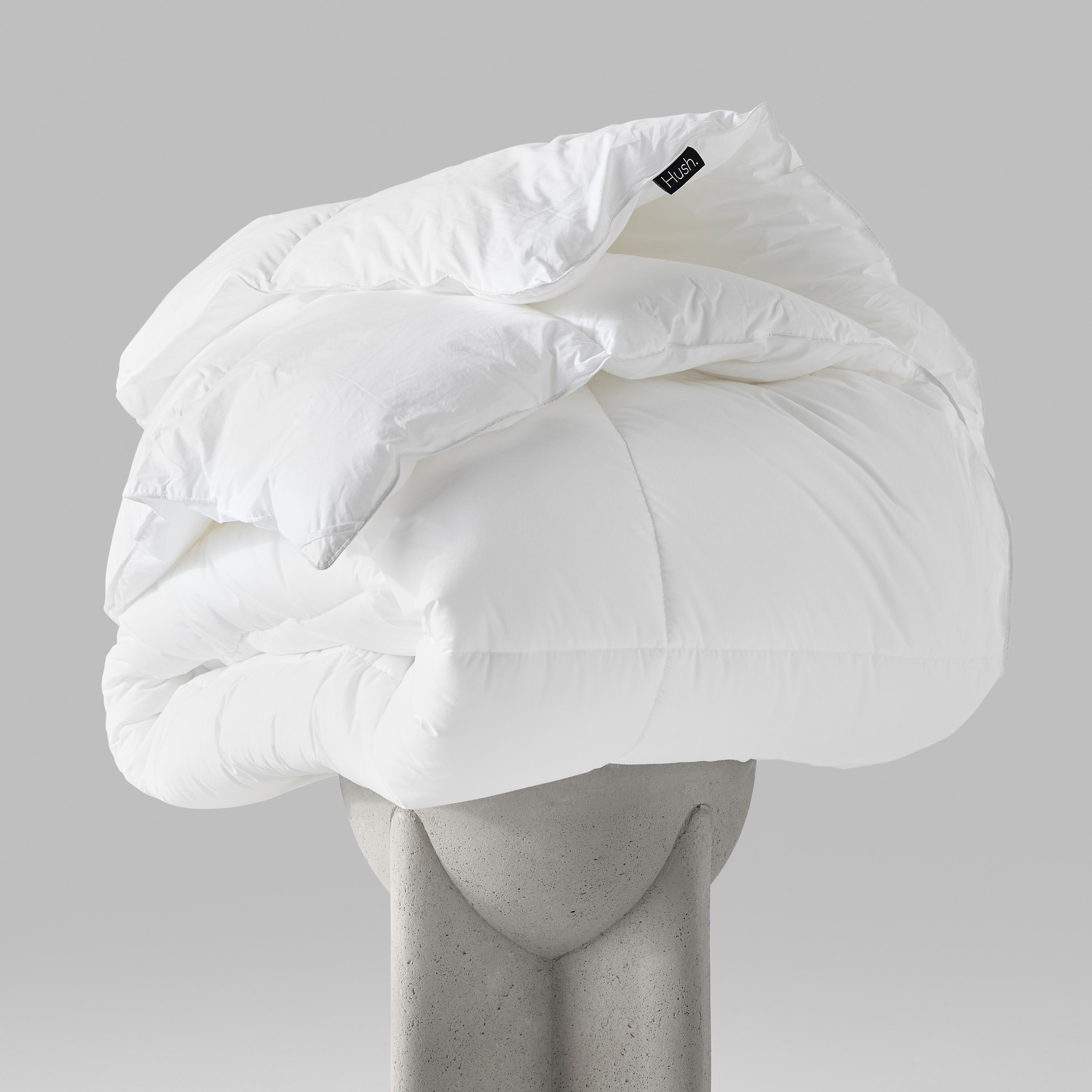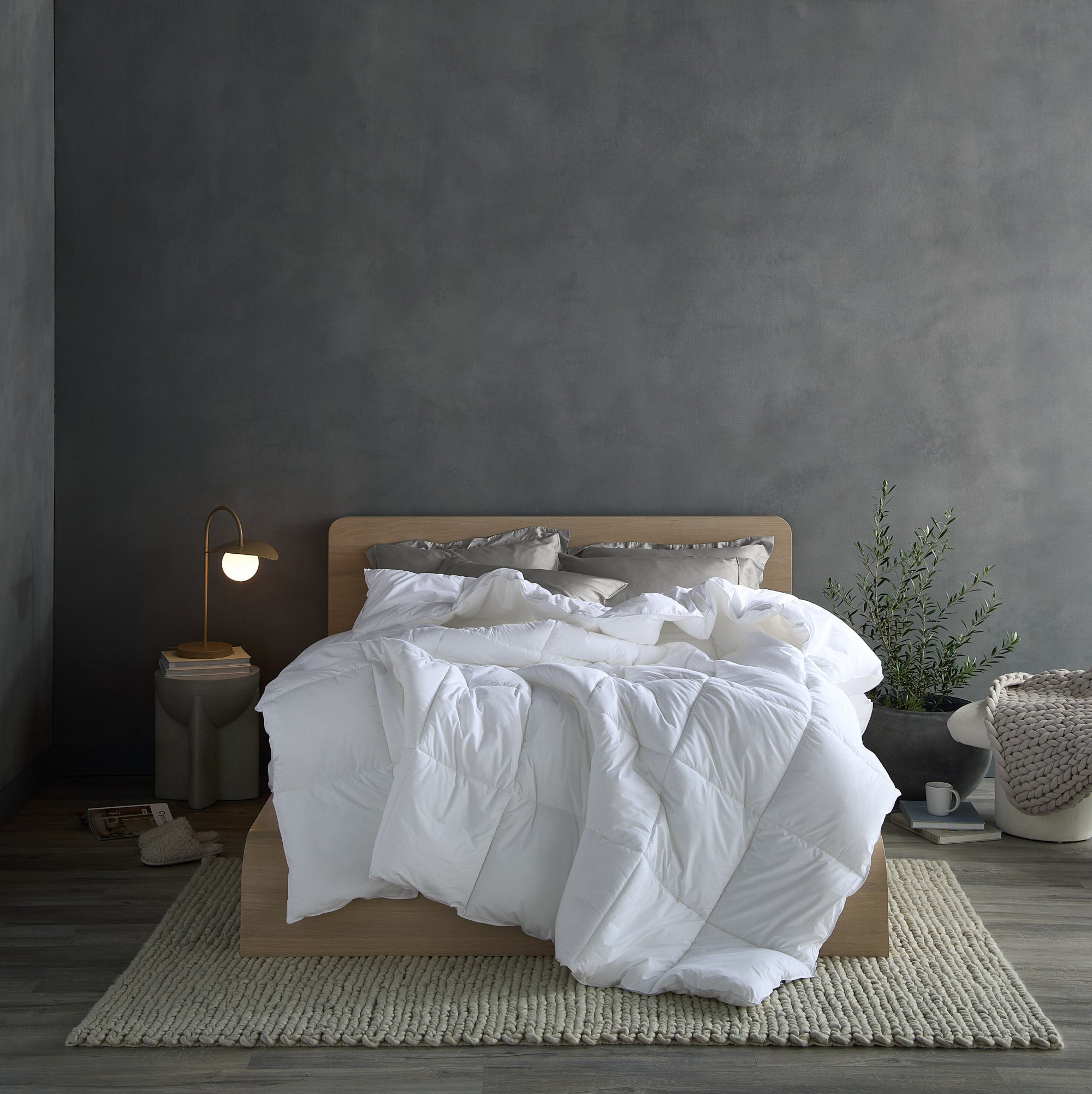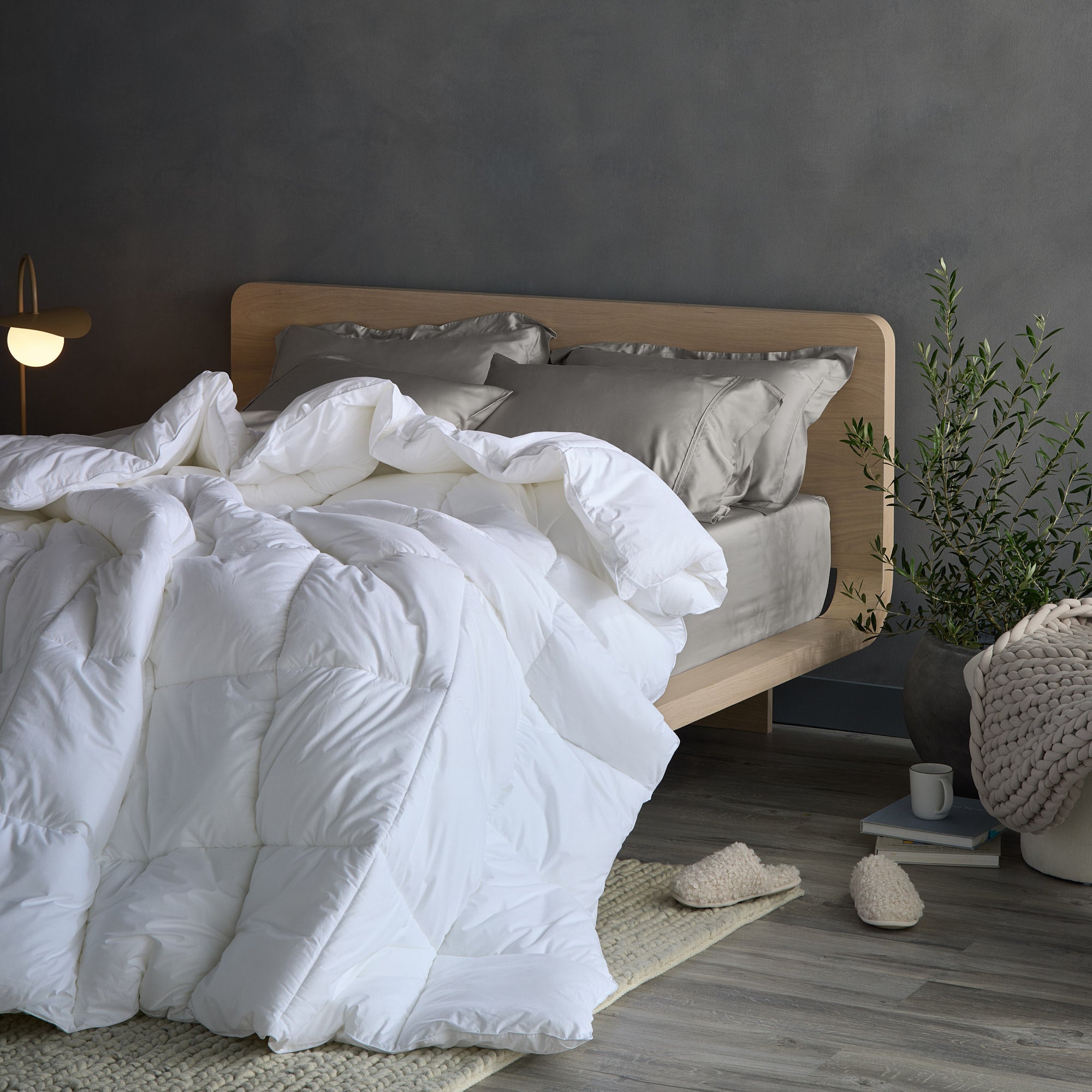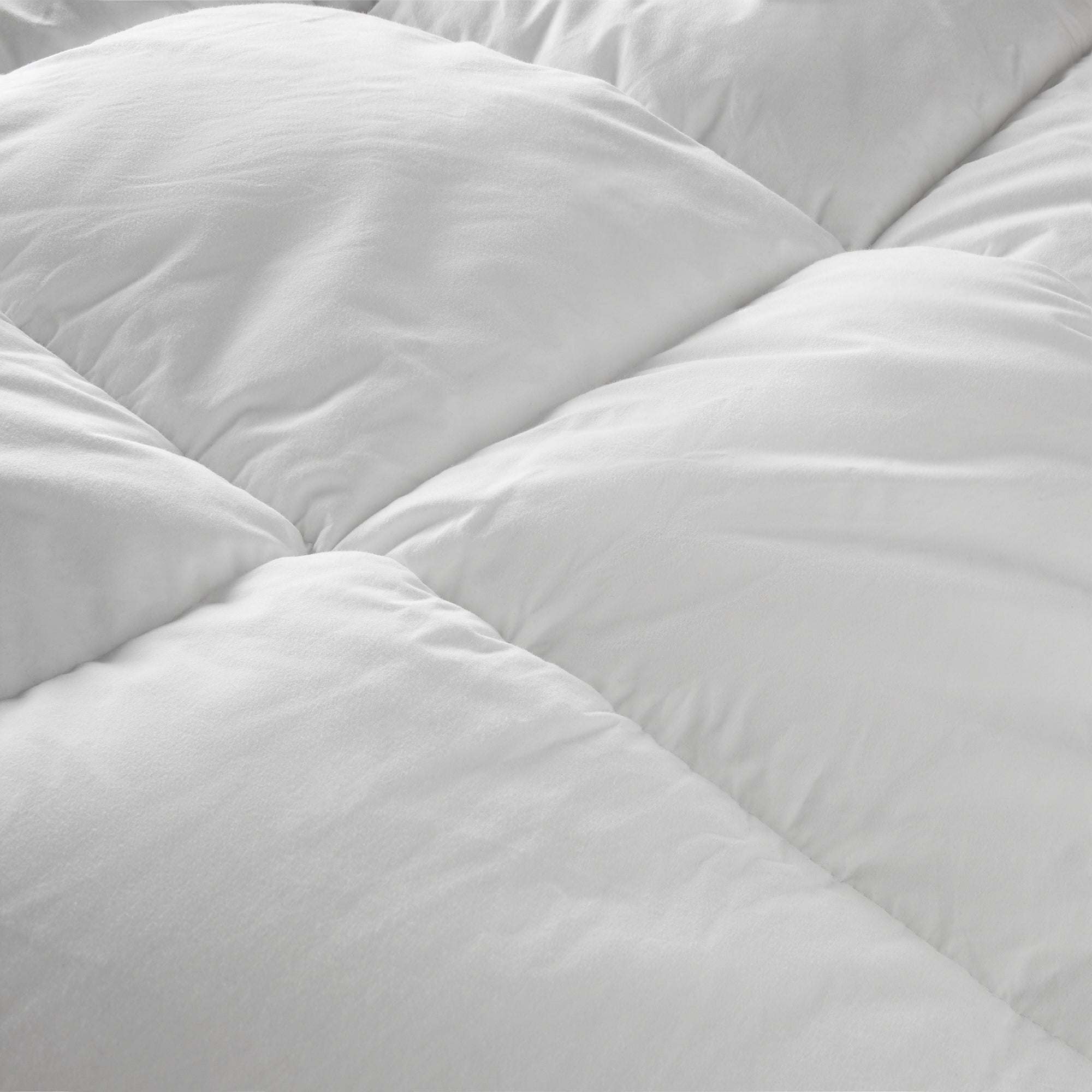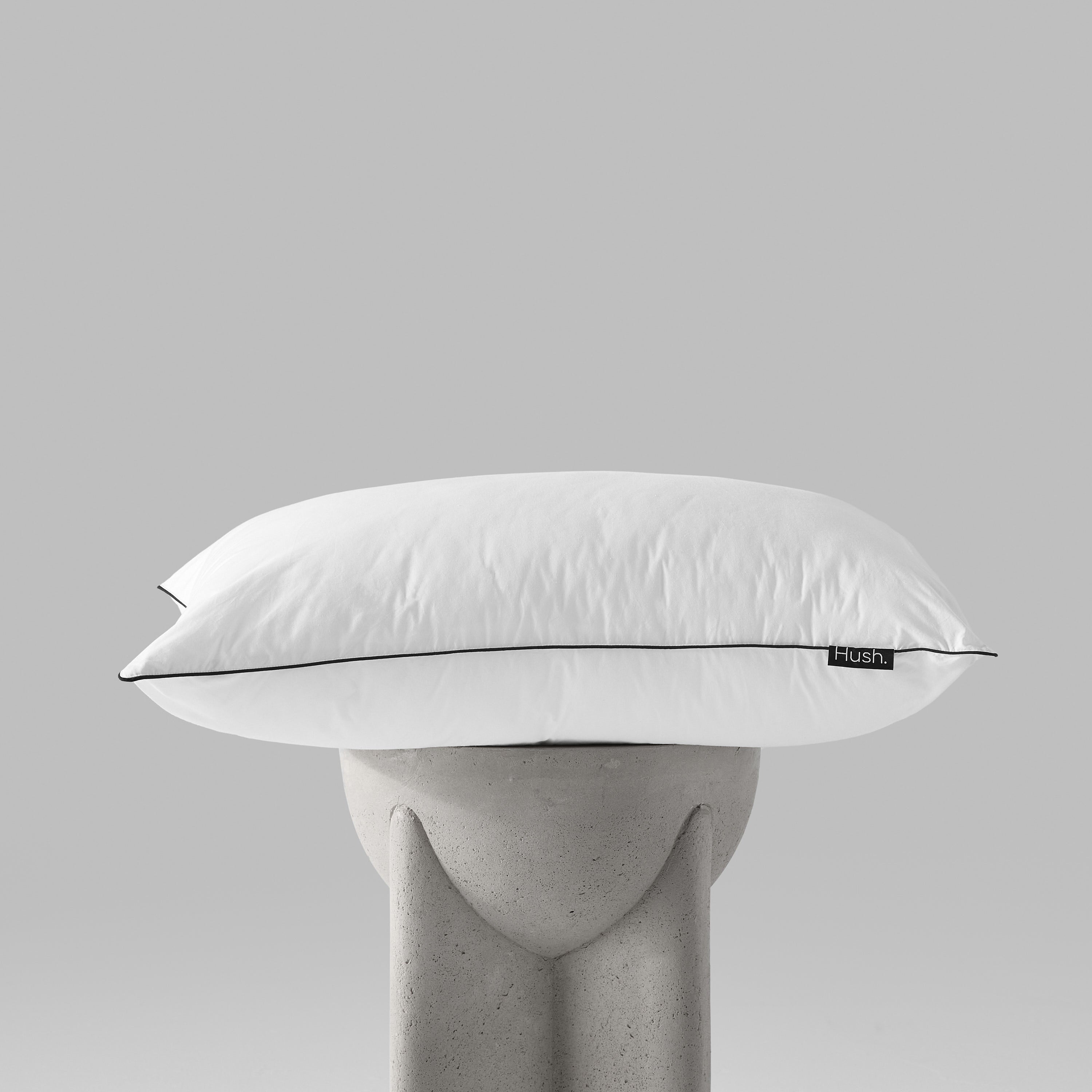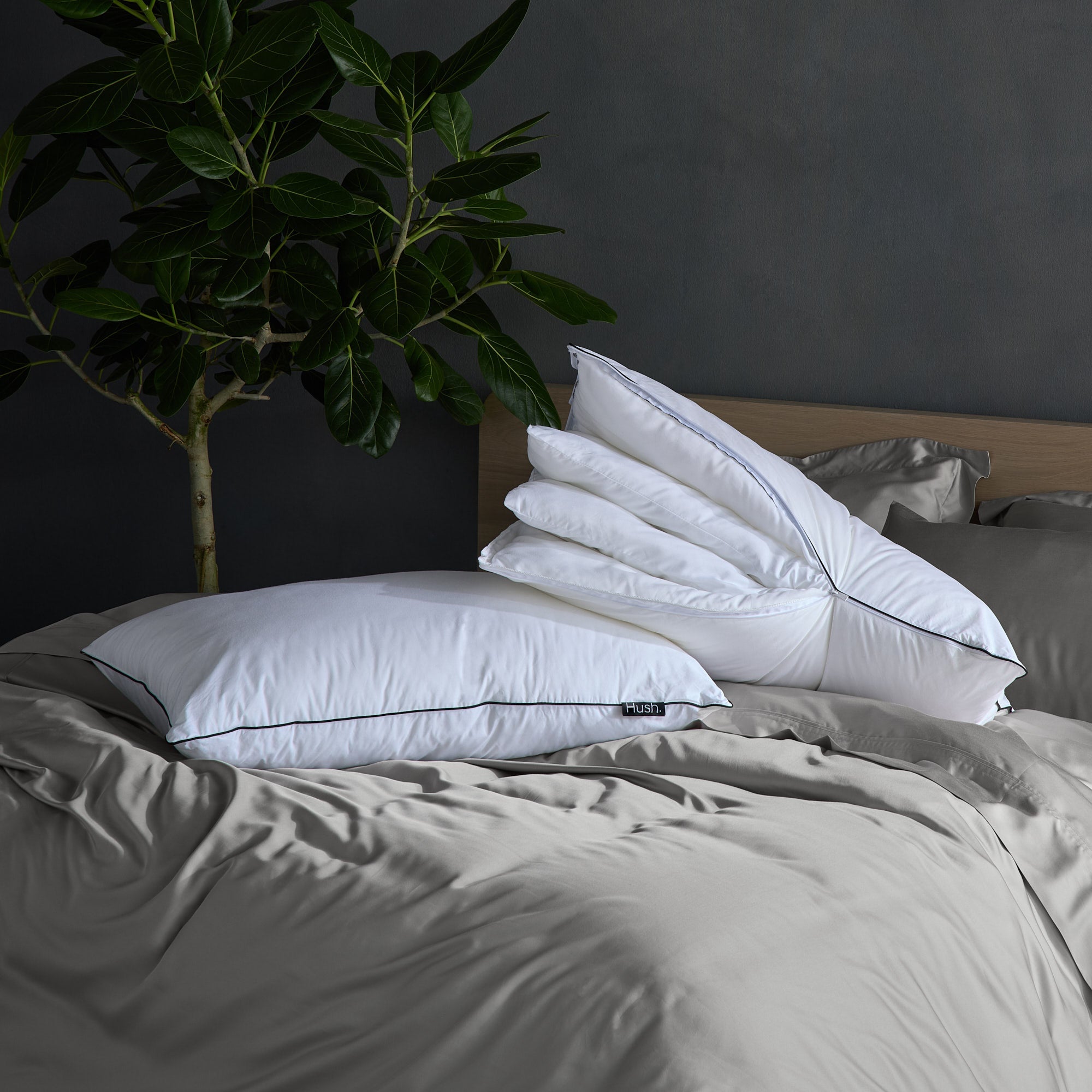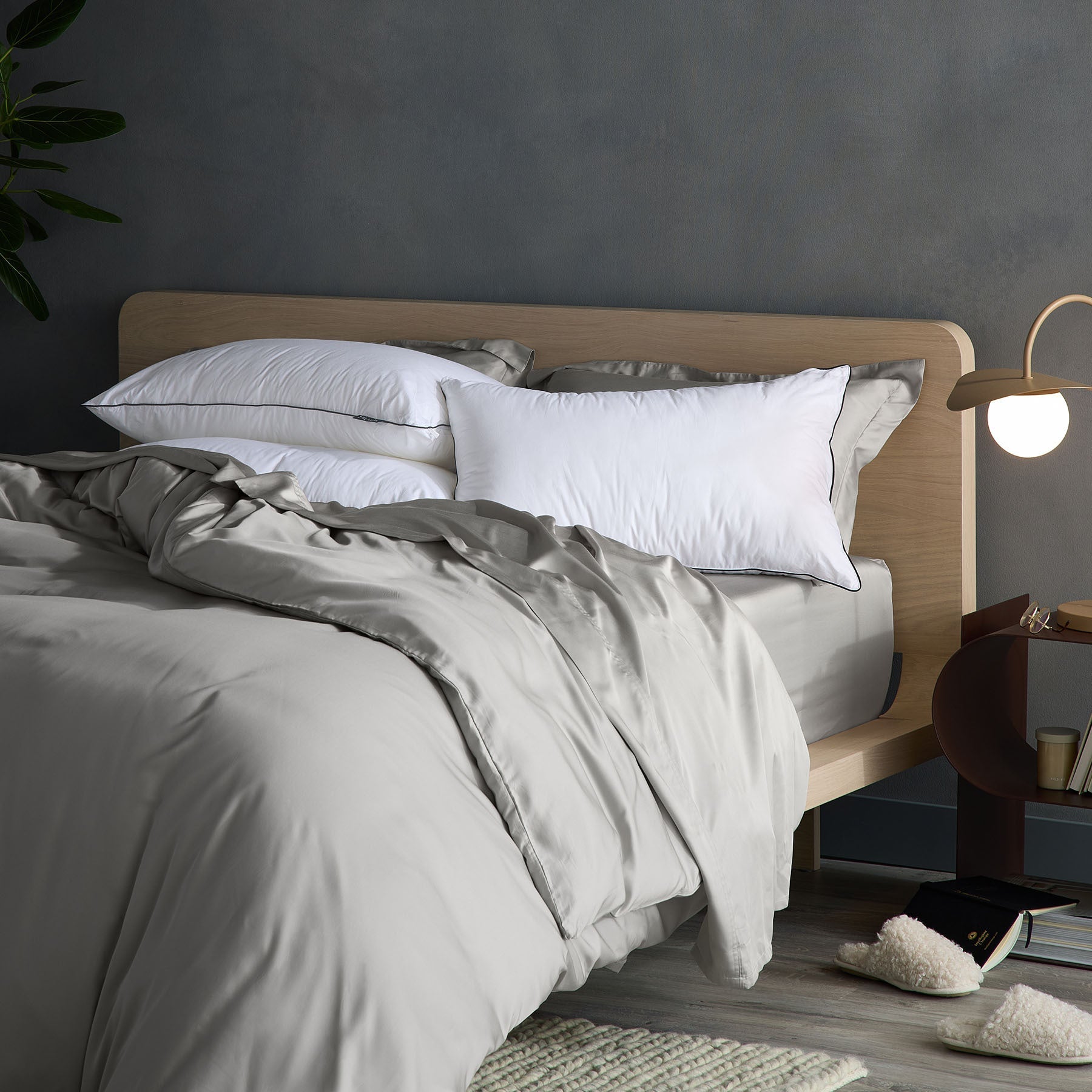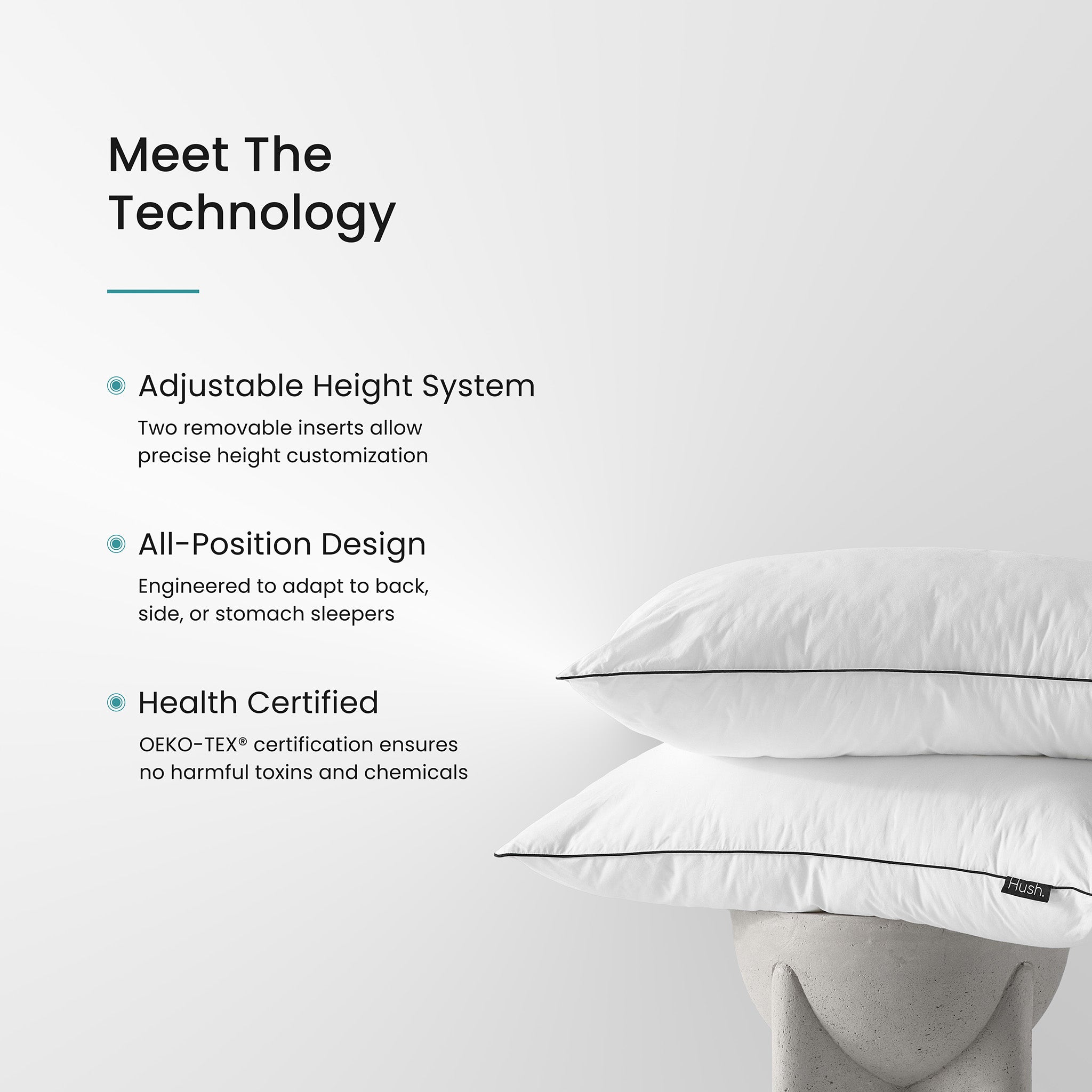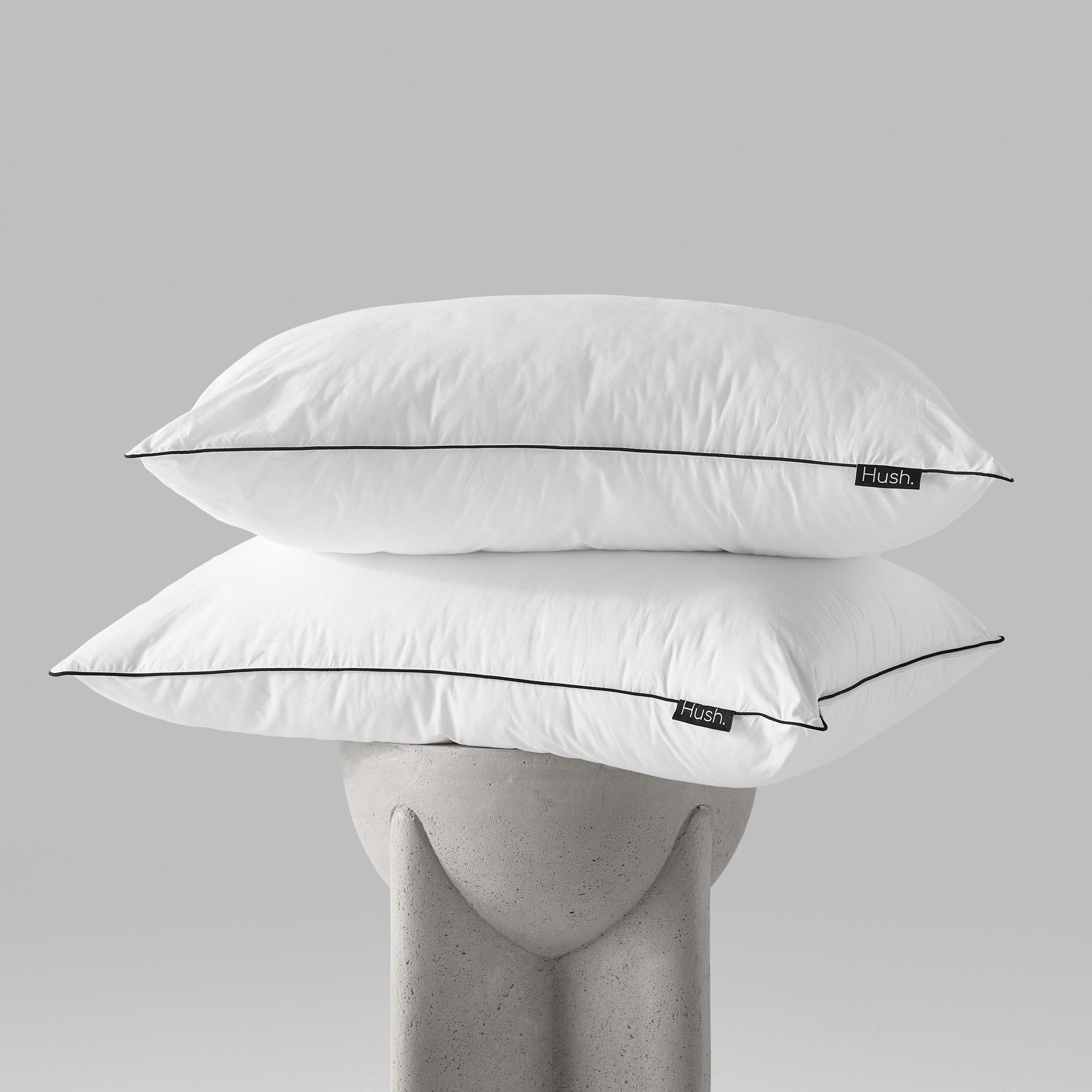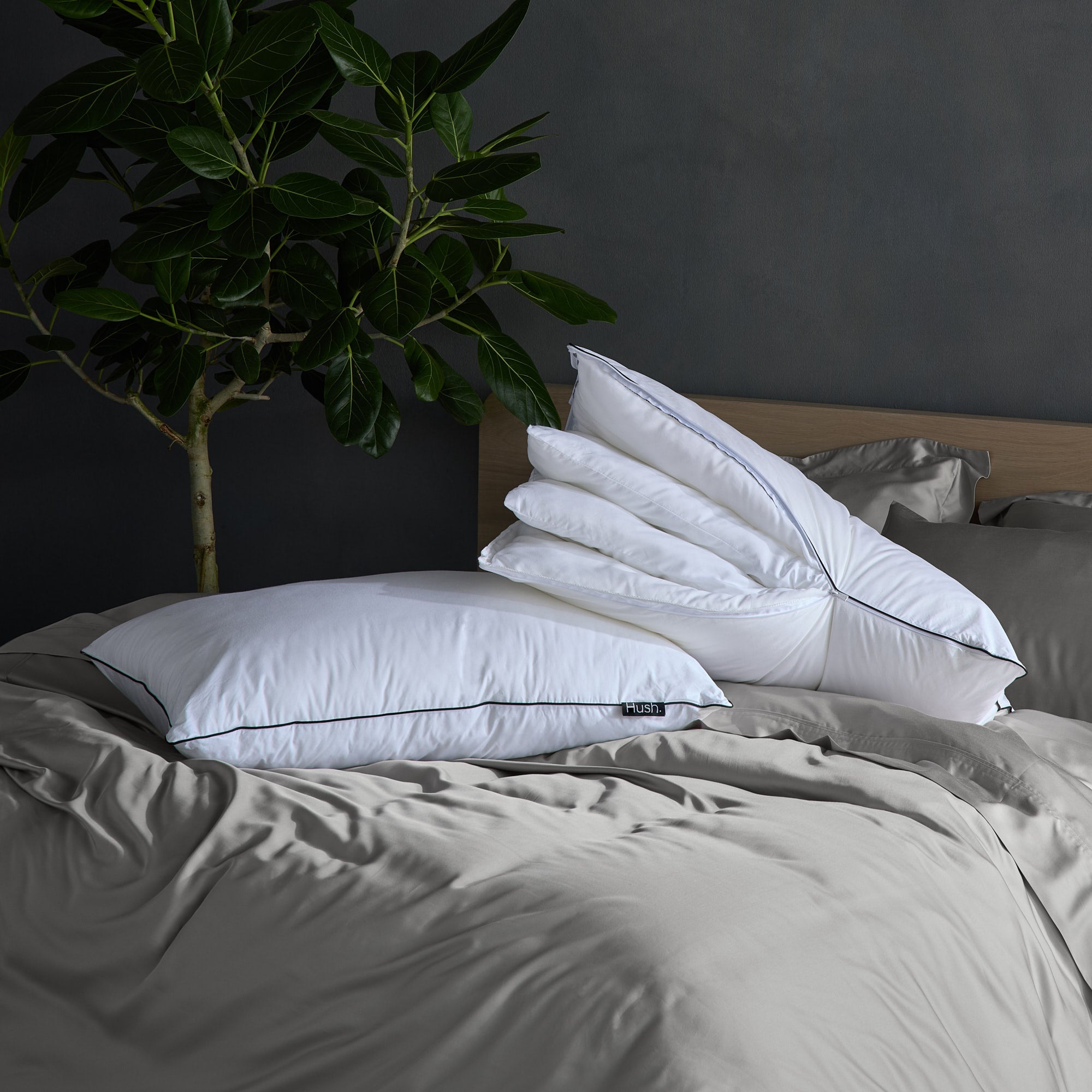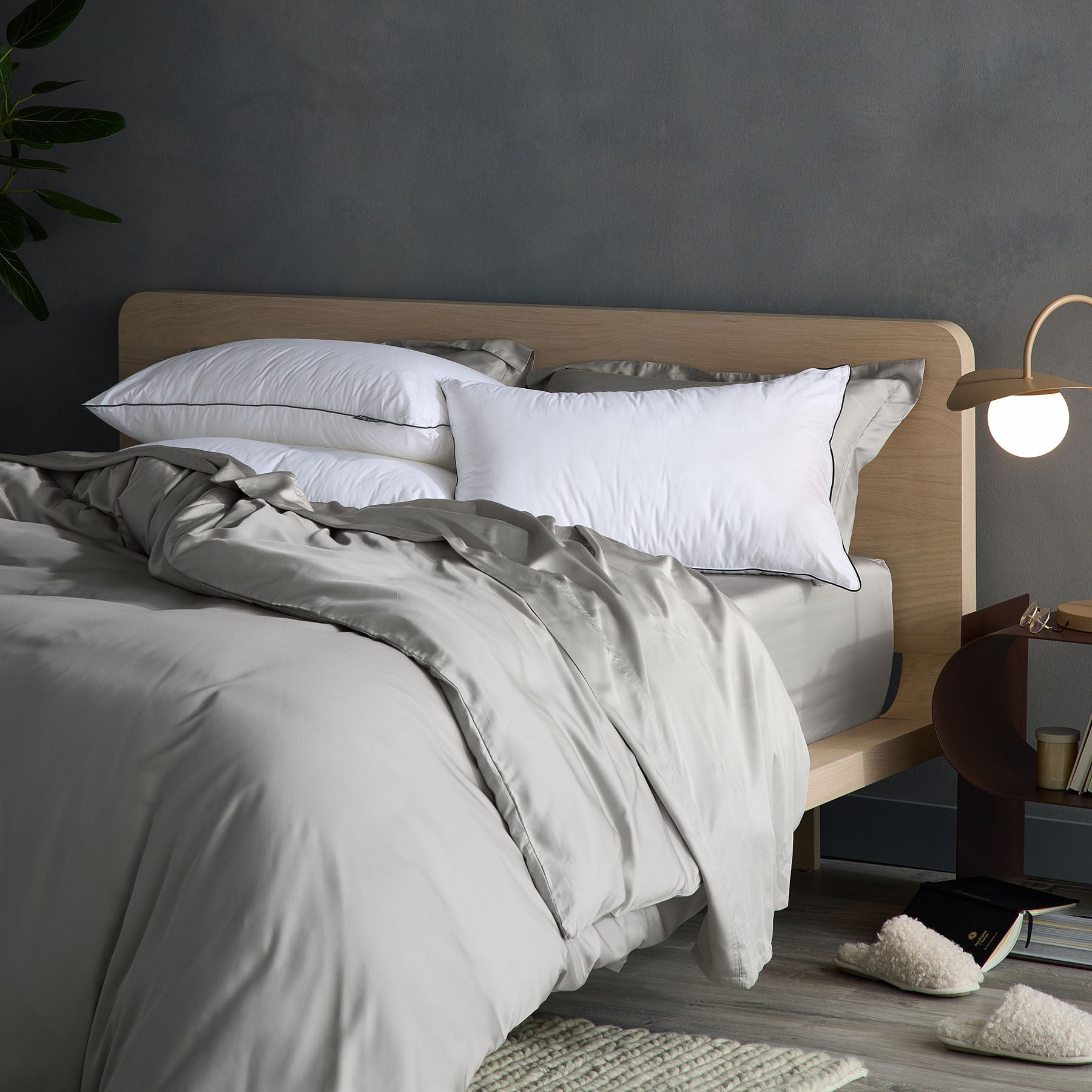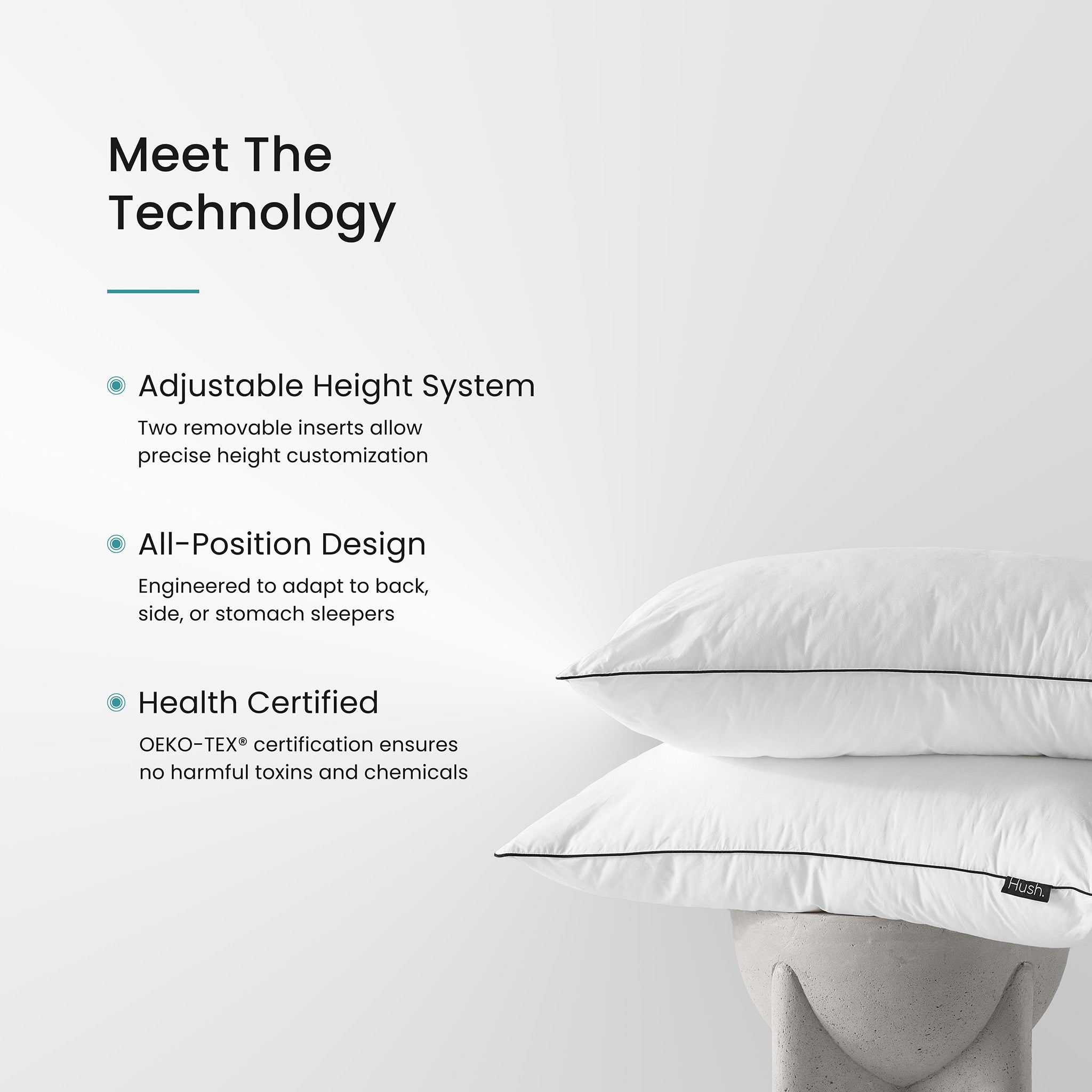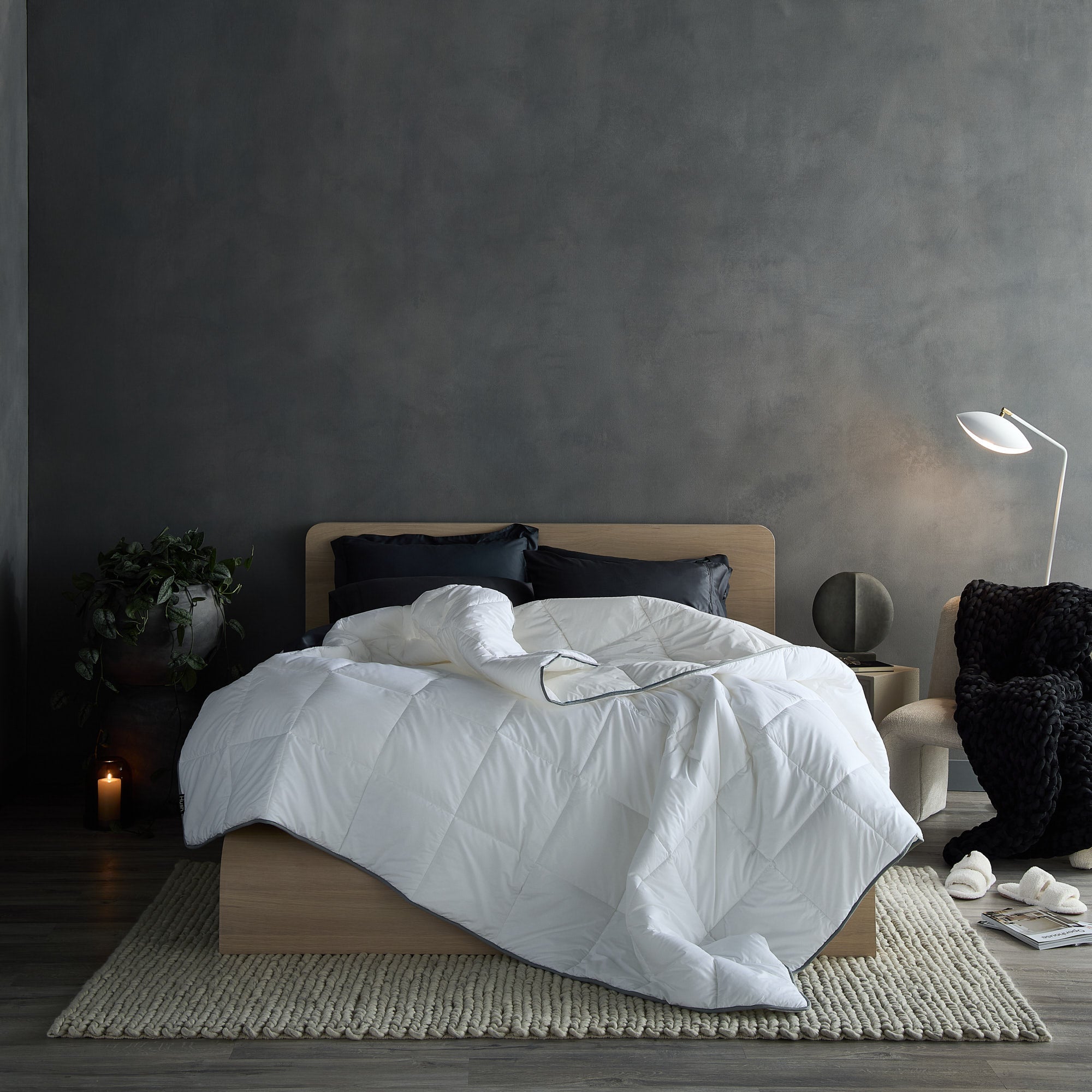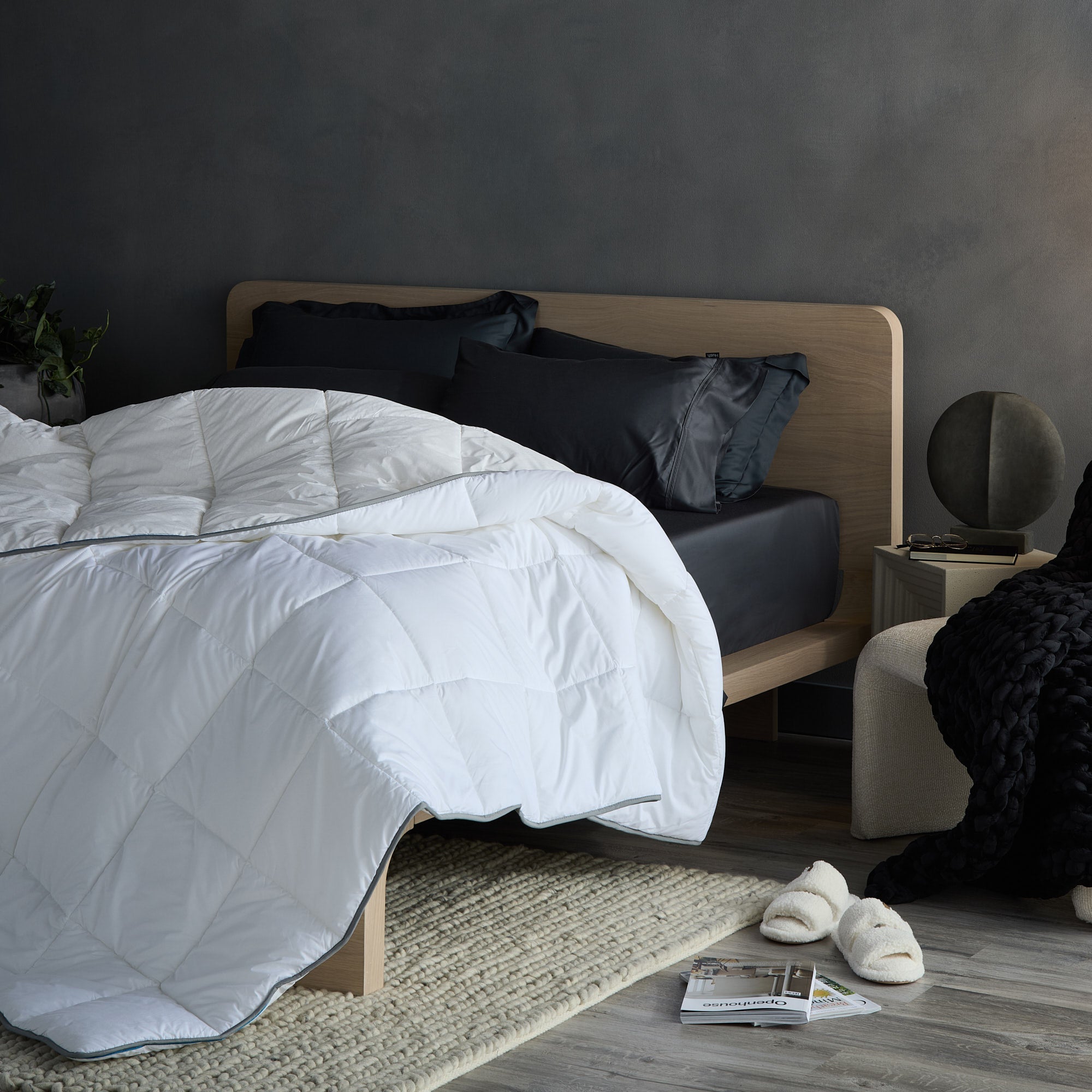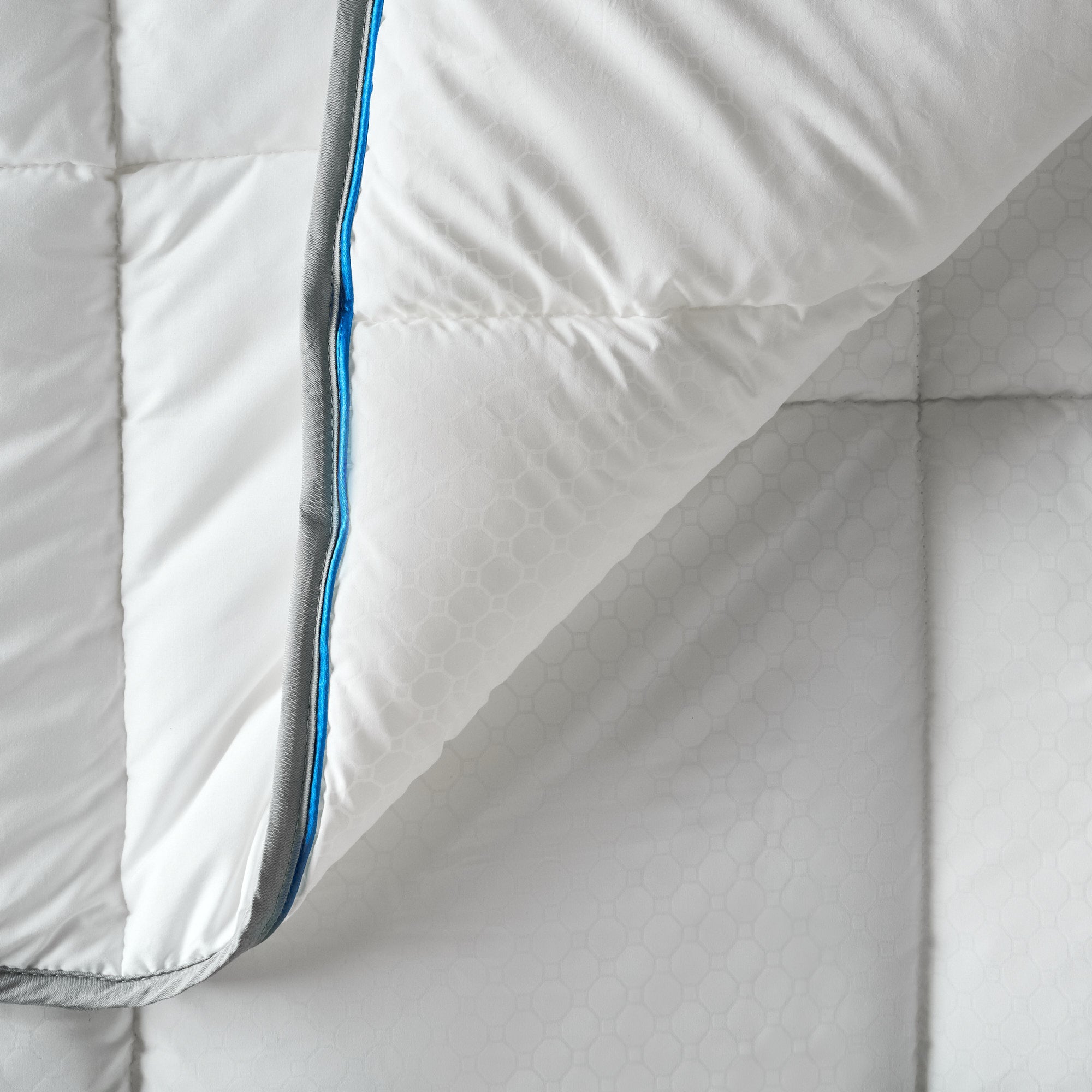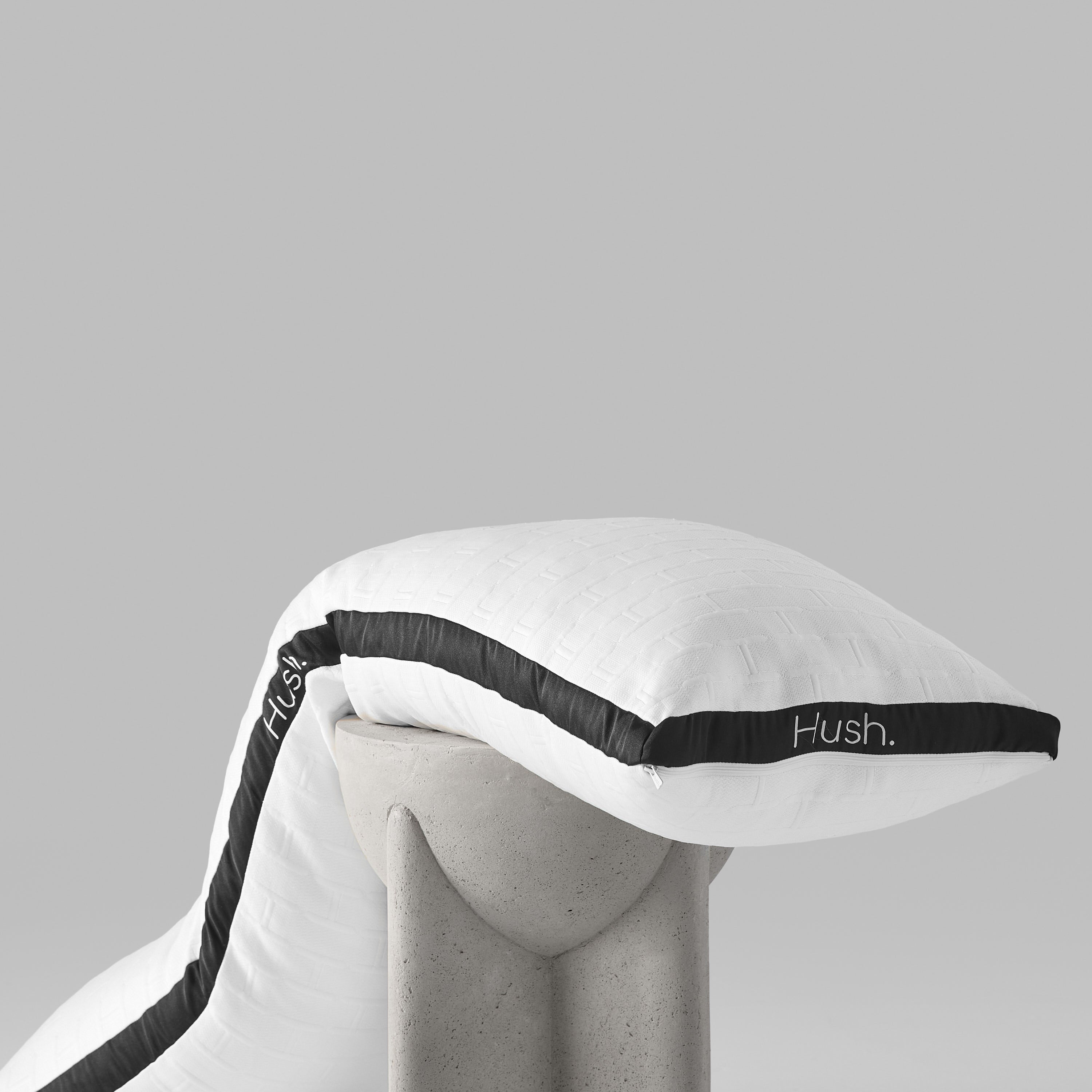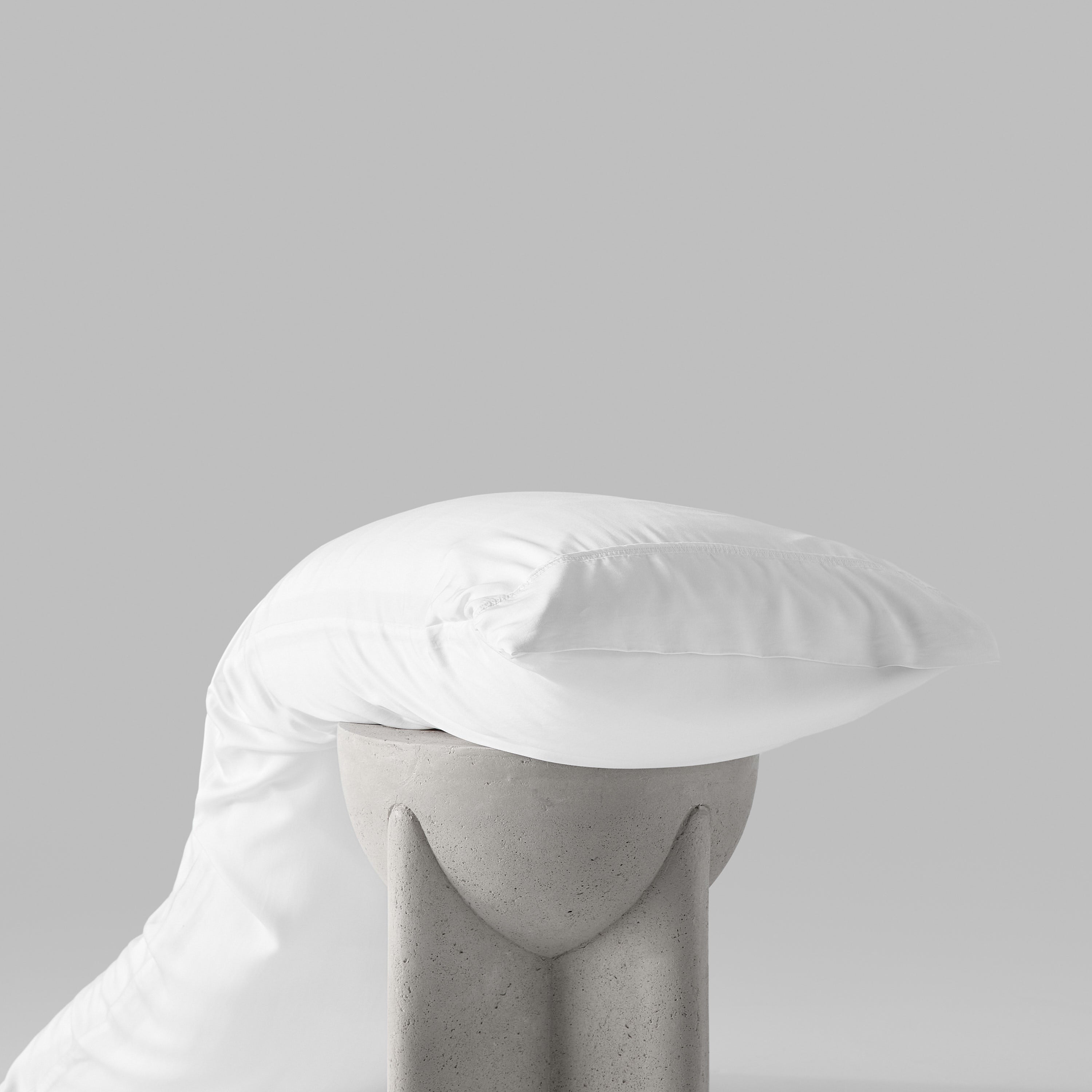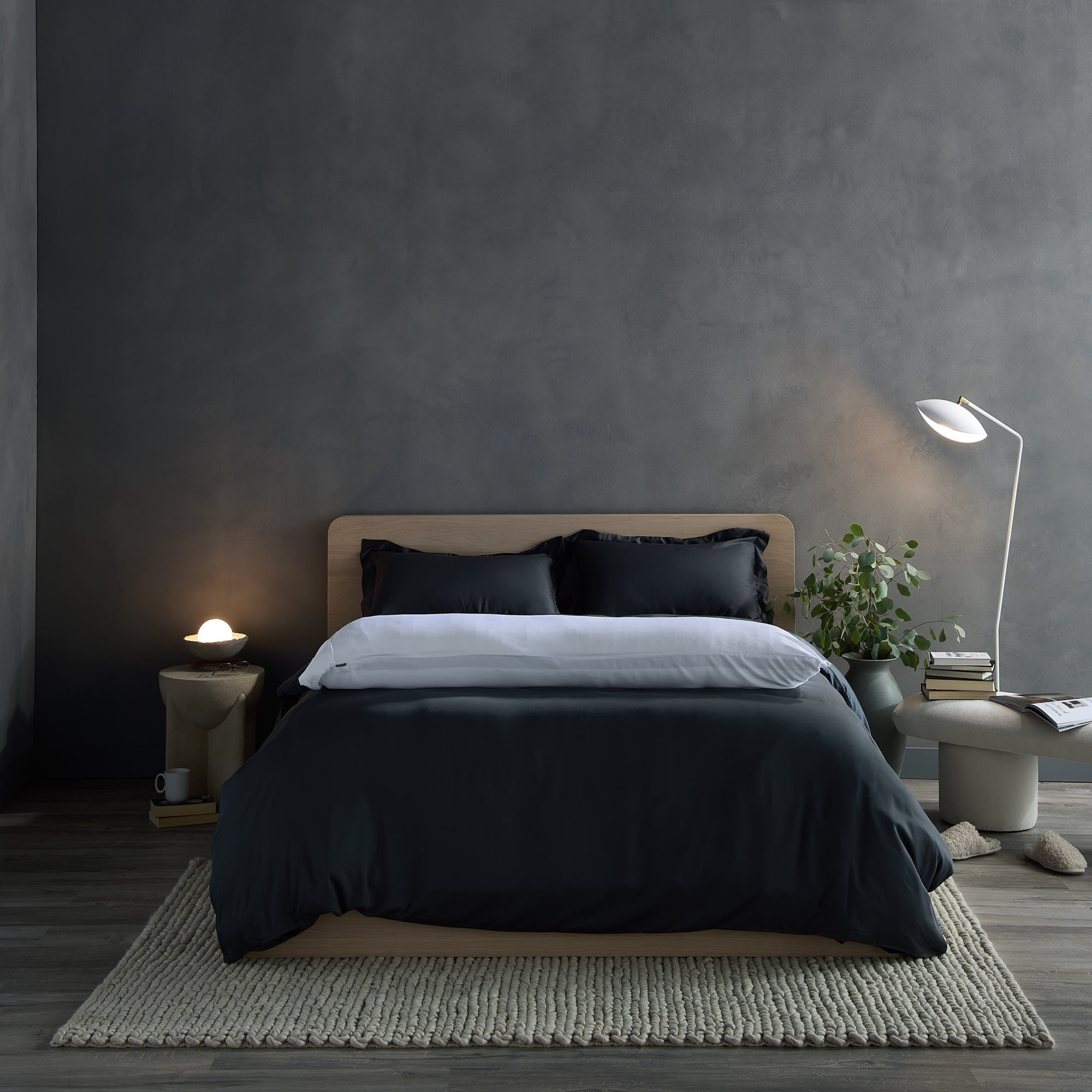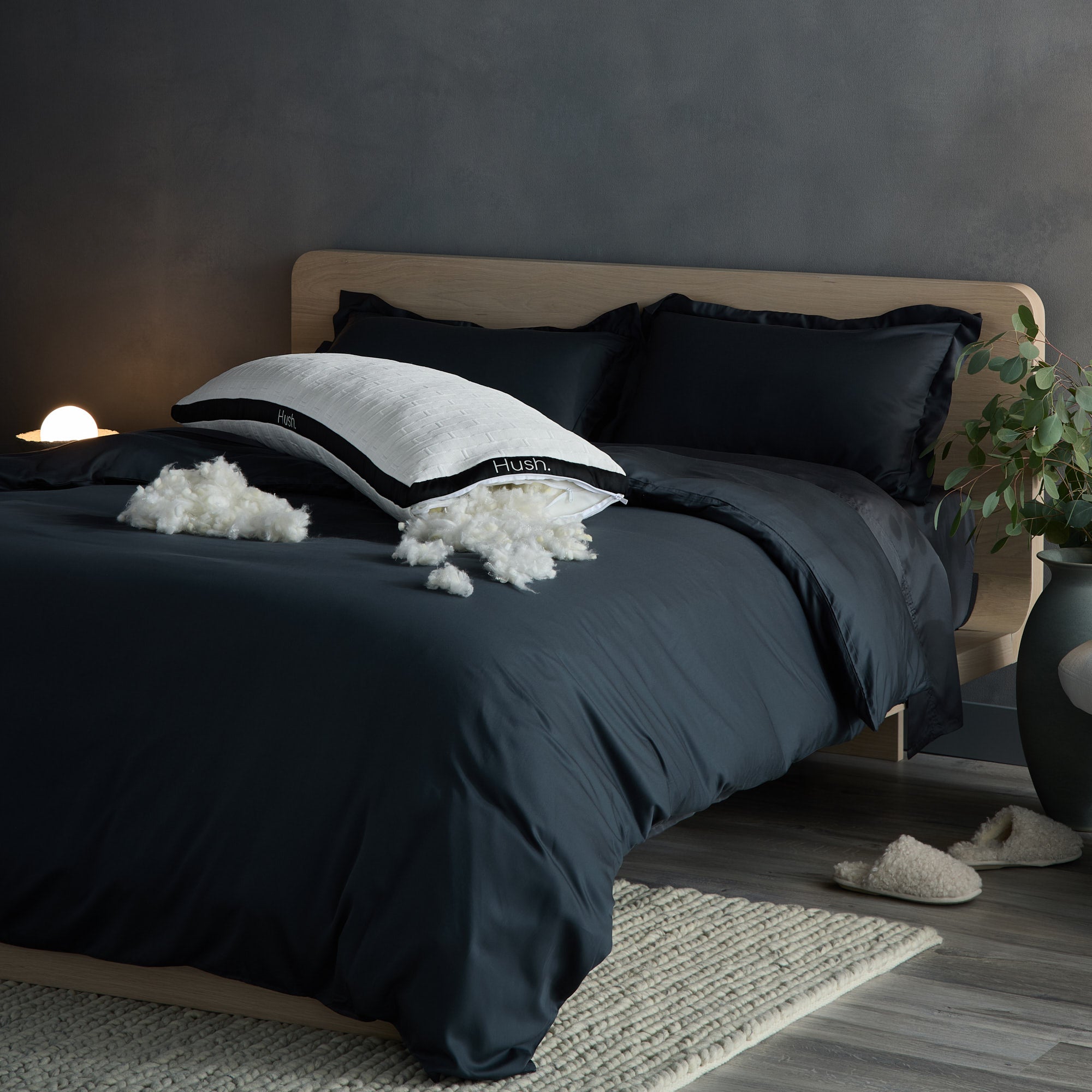
Self-care is having a moment. It’s any practice or routine you use to find your center, relax, and become your best self. It can be anything from putting away your phone while you enjoy a cup of tea in the morning to prioritizing your sleep or making time for the hobbies you love.
Self-care should be part of your daily routine. Your self-care activities can range from taking deep breaths every hour while you're at work to using an adult coloring book to relax in the evening.
Here, we’ll talk about what self-care really means, how it can benefit you, and how to practice it in your daily life.
What Is Self-Care?

Because we are all different, self-care shouldn’t be one-size-fits-all. For some, a long, relaxing bath might be what they need. For others, it could be an intense workout.
Self-care isn’t a one-and-done deal — it’s an ongoing, habitual practice. It’s also not whatever makes you feel good. Staying up late to catch a favorite show each night may feel good at the time, but it isn’t the best form of self-care (getting a good night’s sleep, however, definitely is).
While we’ll focus on caring for your emotional, mental, and physical needs it's important to consider all different types of self-care:
- Emotional self-care
- Physical self-care
- Mental self-care
- Spiritual self-care
- Financial self-care
- Social self-care
- Professional self-care
Think of self-care as a series of practices you continually do to improve your wellbeing. You make the time to do what your future self would thank you for.
Benefits of a Self-Care Routine

Self-care gives you the foundation for making healthy choices in many areas of life. According to Southern New Hampshire University, our busy lives can leave us physically, menally, and spiritually drained. Meeting our self-care needs allows us to come back to ourselves, or even improve ourselves, so we can live our lives to the fullest.
Implement self-care ideas one at a time so you can stay consistent with these routines. You can begin with a relatively easy one, like using a weighted blanket, and progress to more involved practices, like a calming morning routine.
There’s no "wrong" or "right" with self-care as long as it’s working to improve you without indulging in escapism. Escapism is anything that helps you escape from the real world, according to the American Psychological Association. For example, watching Netflix in bed with a bowl of ice cream balanced on your chest is a clear example of escapism.
If you’re ready to get started on your own journey, here are some ways to practice self-care.
10 Self-Care Ideas to Consider Adding to Your Routine

Don’t do all these self-care tips at once. Like anything, if you try to do too much at once, it is easy to become overwhelmed and give up. You can start with one or two of the below self-care ideas and build onto them as your practice becomes more habitual.
Tip: If you start a self-care practice but fall off the wagon, practice self-compassion. You’re only human, and things don’t always go as planned. Simply adjust your expectations, consider what might be getting in the way of these habits, and try again.
1. Weighted Blanket
A weighted blanket is a great place to start. It’s simple and easy to use — you can use a weighted throw while doing other activities around the house or use a weighted blanket while you sleep.
Getting enough sleep is one of the most important self-care practices you can have. When you get enough sleep, you are better able to manage your thoughts and emotions. It’s a foundation for all other aspects of your life.
The blanket helps you sleep well through deep pressure stimulation. The added weight surrounding your body feels like a really good hug. You know the feeling — it’s cozy enough to make you want to snuggle in but not so constricting you feel trapped.
The pressure from a weighted blanket slows your breathing. Your slower breathing causes your heart rate to also slow. Slower breathing and heart rate release the feel-good chemical serotonin and lower the production of the stress hormone cortisol, which gives you that deeply relaxed feeling.
2. Journaling
Regular journaling gives you the space to get to the root of your thoughts and your feelings. When you journal, you allow yourself to stop the cycle of thoughts in your head, according to an article in Forbes.
The act of writing slows you down. That small time delay between thinking and writing lets your true thoughts and feelings surface, and you start to understand what’s really going on inside. At the same time, the act of writing makes any goals on your mind feel more substantial and real, so you’re more likely to work toward them.
3. Regular Morning Routine

Simply put, a regular morning routine gets your day going in a healthy way. Create a routine that allows you to ease into your day. With a morning routine, you may avoid getting overwhelmed by thinking of the day ahead and begin to feel more centered and focused.
When you start working on your morning routine, make sure it suits you. If you’re not a morning person, planning to exercise for an hour first thing probably isn’t for you. Instead, try beginning your day with light stretches or a mindfulness practice.
4. Regular Bedtime Routine
Just like a regular morning routine starts your day well, a regular bedtime routine ends it. By following the same pattern, you signal to your body that it’s time to rest.
Eliminating electronics an hour or two before bed, journaling or reading a book, and going to bed early and at the same time can all lead to better sleep latency or the time it takes you to fall asleep.
You can also make the sleep deeper by using a weighted blanket. The deep pressure stimulation keeps you in REM sleep longer. That longer REM sleep helps you feel rested and refreshed when you wake.
5. Exercise
It may seem like exercise or physical activity is something different from self-care, but it isn’t. Your body is made for movement. So, when you honor your physical health by exercising, it just feels good. Sure, maybe not in the middle of a set of burpees, but you know you’ll usually be glad you did them later, especially when those post-workout endorphins kick in.
All kidding aside, you don’t have to plan serious sweat sessions. Small, regular sessions of physical activity are great for your self-care. Even walking the dog will help.
6. Eating Healthy
Eating a healthy diet is another form of self-care that can be easy to overlook. While we tend to focus on how our diets impact our appearance, monitoring your diet helps you control how you feel.
Eating a nutritious diet is a great form of self-care. Your diet becomes a lifestyle. Because you’re eating to nourish your body, it can feel freeing instead of restrictive.
Eating healthy can be one of the more difficult self-care ideas to start, so look for simple ways to make small changes to your diet. For example, try adding a handful of spinach to your morning eggs or skipping the sugar in your coffee. Those minor changes can be a great foundation and can make a real difference.
Don't forget your water! Staying hydrated is another form of self-care. Try carrying a water bottle with you, so water is always handy and you're less tempted by sugary drinks.
7. Meditation

Adding meditation to your self-care ideas list is important. The benefits of a meditation practice have long been recognized. They include:
- Reduce stress and anxiety
- Increase awareness of your thoughts and feelings
- Improve sleep
- Encourage gratitude and kindness
- Lower your blood pressure
With a list like this, it’s pretty clear that meditation can help you move toward becoming your best self. As simple as the idea of meditation is, it can be a more difficult practice to, well, practice.
Staying focused and allowing your thoughts to pass through you with neutral awareness takes work, so start with shorter sessions. Try meditating for just five minutes at first. After a few sessions, you can increase the length of time you meditate.
There are also meditation apps that can give you tips when you’re beginning and lead you through guided meditations. These apps can help you feel like you have someone helping you through your sessions.
8. Alone Time
In Western culture, being alone is often thought of as the same as being lonely. They are not the same. Being lonely means you feel disconnected from other people. Being alone just means you’re by yourself.
Practicing alone time has more benefits than just learning to be your own friend. It can:
- Increase creativity
- Help you enjoy your interests
- Deepen your connection to yourself
- Improve your empathy and connection to loved ones as a result
To practice alone time as self-care, you need to practice being comfortable with yourself. That’s why creating dedicated alone time can take some getting used to. When we’re alone, it can be easy to fill our time with distractions that take us away from ourselves, like scrolling on social media.
If you’re ready to include alone time as one of your self-care ideas, ease into it. Going to dinner by yourself is great, but since dinner is typically considered a social situation, it can be uncomfortable for first-timers. Going on a hike or to the movies by yourself may be easier.
9. Relaxation Time
While we need to be productive at work and around the house, it’s also important to set aside dedicated time to relax.
You need to allow yourself to not do anything, or to do things you simply enjoy doing. Making time for relaxation allows you to make yourself a priority and enjoy your life.
During relaxation time, you could:
- Listen to a podcast or audiobook
- Take a relaxing bubble bath
- Get a manicure or pedicure (or both!)
- Watch a movie
- Have a spa day
- Read a book
- Take a nap
- Practice a new hobby
- Try a new recipe
- Go for a bike ride
- Make and listen to a playlist of your favorite songs
- Use a facemask or any other DIY spa tricks, including using essential oils for added pick me up
- Plan a getaway for you and your loved ones or family members
10. Therapy
Therapy is one of the best self-care ideas for general wellness. Working with a professional therapist can help you make positive changes to your emotional and mental health, so you can handle the stresses and negatives of life.
The point of therapy is not to lower your stress levels to zero all the time. Instead, it gives you tools to help you respond in a healthy way to difficult situations, thoughts, or emotions.
If you’re interested in exploring therapy and how it can help you develop your emotional and mental resilience, this article from the American Psychological Association can help you get started.
Start Small, Stay Consistent With Your Self-Care Routines

When you start planning your self-care practices, it can be tempting to go "all-in.” However, sudden, large changes can be difficult to sustain.

